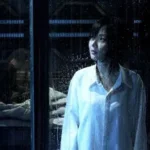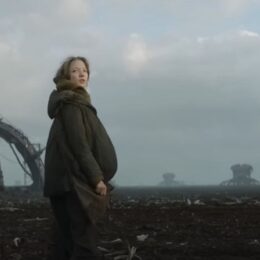Sci-fi movies with PERFECT ENDINGS
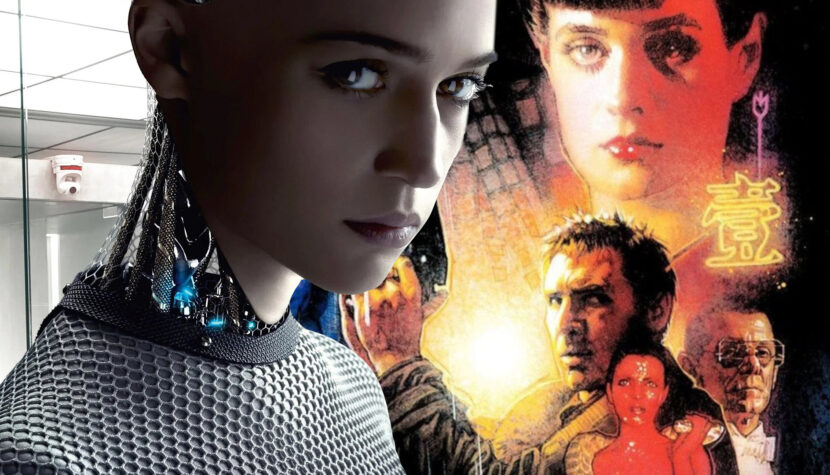
Bringing a great movie to a perfect conclusion isn’t all that obvious. This requires iron scriptwriting discipline, as well as intuition. On the one hand, it is easy to fall into pomposity, excessive tenderness, and on the other, into excessive exuberance and showiness. Here is a list of SF productions whose creators managed to create perfect endings.
Blade Runner
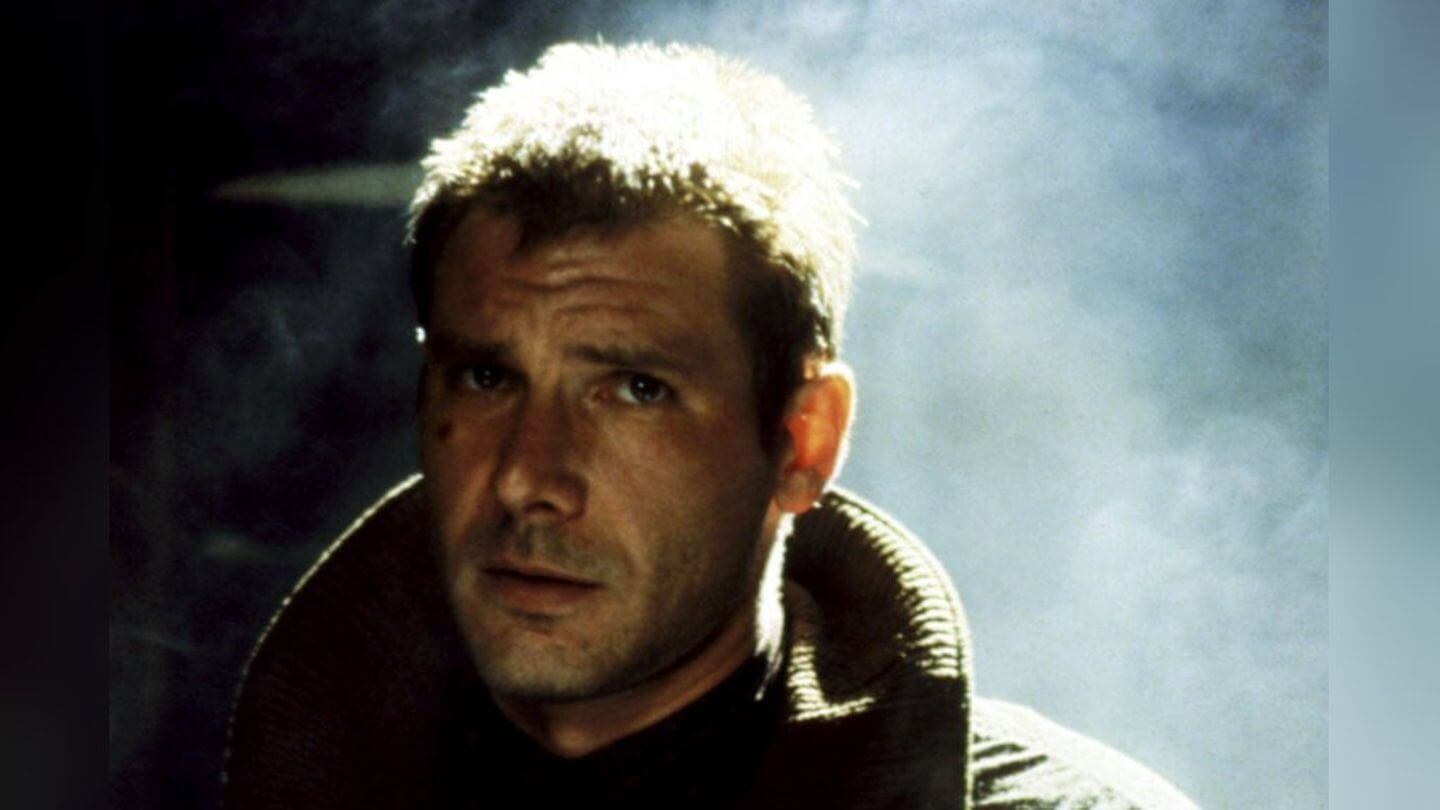
As a follower of Ridley Scott’s Blade Runner, the finale of my beloved masterpiece had to be in it. After all, it’s not too often that 40 years after its release, it is still a field of heated discussion among fans. Retrofuturistic atmosphere, visionary, unique mood, great acting, depth of issues and amazing story – you can melt over the film itself for a long time, and in fact all this has already been written many times. Here, however, I would like to focus on the ending itself. Because this is the crowning achievement of this masterpiece – the whole sequence with Roy Batty’s MOVING monologue, up to the scene where Deckard finds origami, leaves the apartment for the elevator, I consider to be one of the most perfect closing sequences in the history of cinema. It is a composition that tells a story on several different levels – visual, aesthetic, metaphorical and verbal. For me, it is also the quintessence of a breakthrough for the genre (and not only) cinema, which does not provide answers, but stimulates reflection. The phenomenon of Blade Runner also lies in the fact that the ending is completely open. This is not even changed by the last statement of Harrison Ford, who theoretically dispelled doubts by announcing that Deckard is an android. More, the Han Solo and Indiana Jones actor claims he knew he was him from the beginning. This may be somewhat in contrast to other statements the actor has made over the years. Therefore, although the ending itself and the actor suggest the possibility that the titular blade runner himself is a replicant, there are still question marks, room for interpretation. The twinkle in Deckard’s eyes may be a light reflex, added by fans. Just like the intentions of the protagonist, which we can only guess in the last scene. The phenomenon is that … it still arouses emotions, because every detail affects the genius of this production – it’s a real puzzle without a clear solution. It doesn’t give answers, it raises questions. However, I also lean towards the aforementioned solution to the puzzle, because it adds incredible depth, it calls into question what humanity really is. Because Deckard wants so much to be human, that’s why he seems so human. Sometimes more than… people. And what does it look like from your perspective? Replicant or not?
Related:
Ex Machina

The ending to Alex Garland’s amazing film, which I think is too little talked and written about, isn’t surprising plot-wise, but leaves the viewer with questions – why did Ava leave Caleb at Nathan’s facility? After all, the protagonist was the only person who favored her. You could tell he had feelings for her. Her motivations remain unclear, although her actions can be motivated by the fact that she is not human. Maybe all her actions were aimed solely at the success of getting out of confinement? The final scene, when the humanoid anti-heroine/antagonist walks among the crowd, remains open. Ava, seeing people holding hands, at one point looks at the hands and turns around. What’s next? Has her desire to fit in with society prompted her to come back for Caleb? Or maybe Ava just sees that relationships are important among people?
Star Wars: The Empire Strikes Back
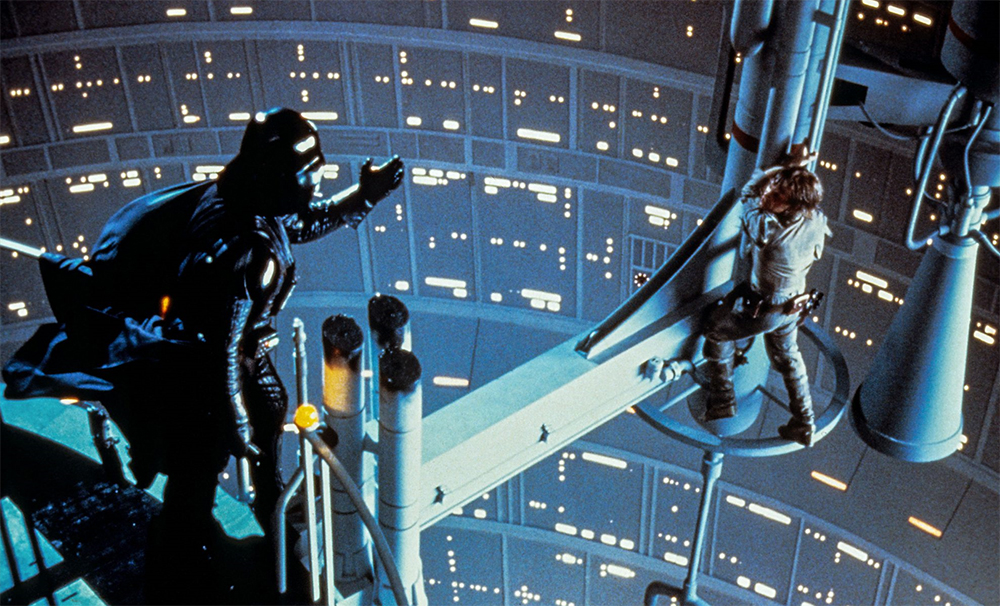
The very finale, which ends with the healing of Luke, scarred during the duel with Vader and deprived of his hand, finished with a scene with looking through the window of the medical ship, is such a ray of hope that illuminates the general darkness flowing from the entire story presented in The Empire Strikes Back. If you sum up this episode, it is devastating for the Rebellion, and all the protagonists suffer catastrophic defeats – Han frozen in carbonite, young Skywalker suffers defeat, he learns that the greatest enemy is his father. Therefore, the closing sequence of Episode V is such a small compensation that … was recorded a few months after the filming was completed by the creators. Lucas and the company thought that the whole thing was too pessimistic, and yet Star Wars resonated extremely strongly among the younger ones, it works a bit like a fairy tale, and there needs some reassurance. Hence, the whole finale, in which Luke finds out who Vader is, the aforementioned rescue, became the best shot of Star Wars storytelling, where tragedy and loss go hand in hand, and yet in the end the heroes always have hope.
The Matrix
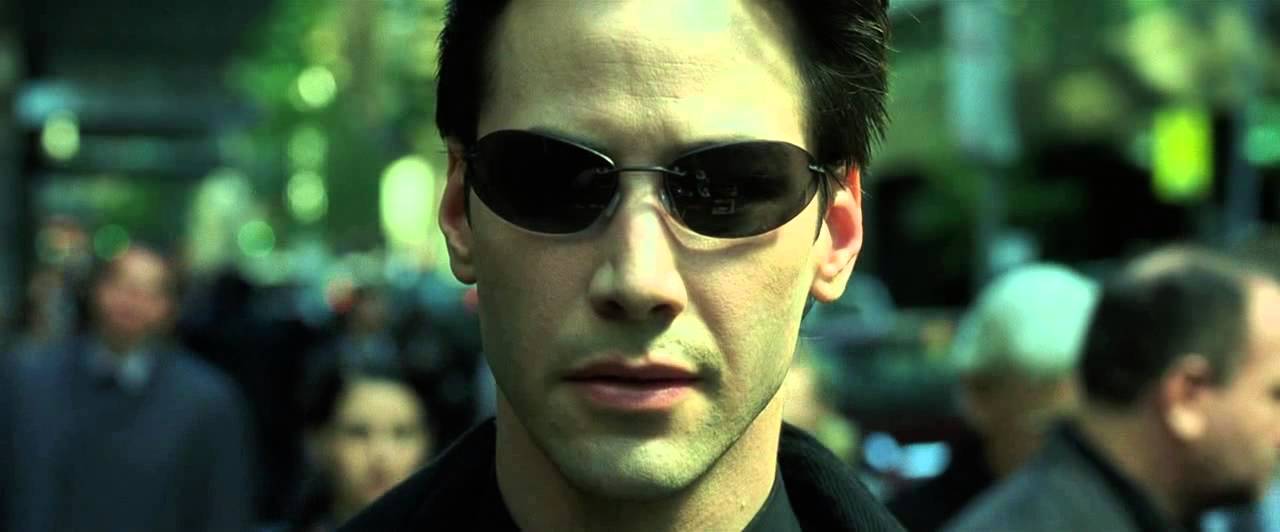
The third act of The Matrix is one of my favorite movie sequences. I totally bought this messianic entourage, which interweaves with a head-pounding discourse about what is the truth about reality and what is the tragic post-apocalyptic drama of humanity and the fight to save humanity. During the first screening, the moment Neo returns from the Matrix to the real world, I was sure that it was over. Then there is a coda and the hero’s call, which he directs to the machines. I always get goosebumps when Keanu says his iconic line, hangs up the phone, Wake Up by Rage Against the Machine rings and the hero takes to the air. Groovy!
Inception

Cobb’s totem. Spinning, slightly trembling. Yes, this is one of the simplest and best closing scenes in the history of cinema. Why? Well, because it is one of the most ambiguous, igniting the imagination of fans. The perfect finale to my favorite Christopher Nolan movie. There are so many details in the production itself that try to deceive the viewer that it’s really hard to put this puzzle together coherently. So what do you think, the hero of Inception woke up or not?
The Thing
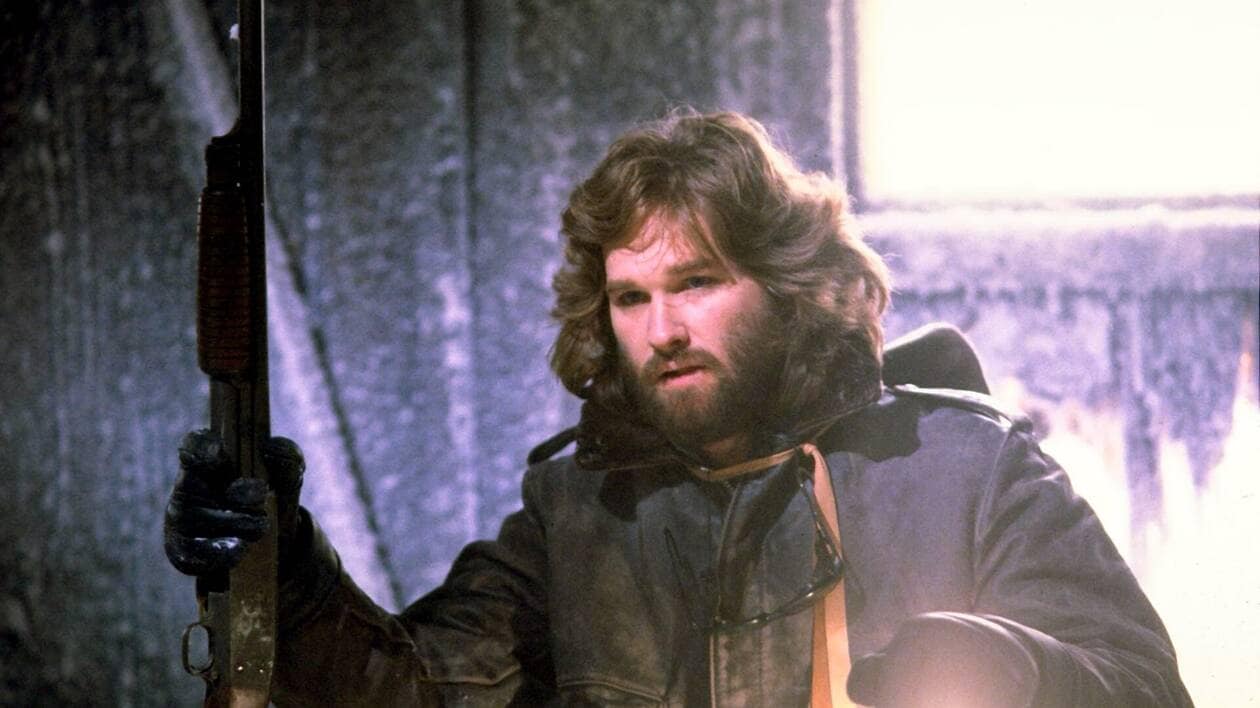
From my list, it is clear that I am most captivated by the endings that are open to interpretation and generate discussion. For this reason, it could not miss the ending of The Thing from Master Carpenter. This is one of the most terrifying and best sci-fi horror movies in cinema history. To this day, it scares me with its claustrophobic aura. In The Thing you can almost feel the temperature of -40 degrees Celsius. The whole thing is embellished with Morricone’s disturbing music, and practical special effects pour out of the screen, chilling the blood with their surrealism. It’s also one of those movies where you always hope that something will happen differently. Especially in the finale, which, as in the case of Blade Runner or Inception, has been the subject of discussion for years and generates questions – did McReady and Childs survive or were they infected? I’ve read so many theories that … I can’t give a clear answer myself. Reportedly, the lack of steam coming out of Russell’s mouth may indicate that he is infected, as is the odd smile and exchange with Childs when he suggests to just wait. However, I prefer to believe that at least one of them is human and simply consciously decides to die and for the sake of humanity not to let the terrifying monster win.
Terminator 2
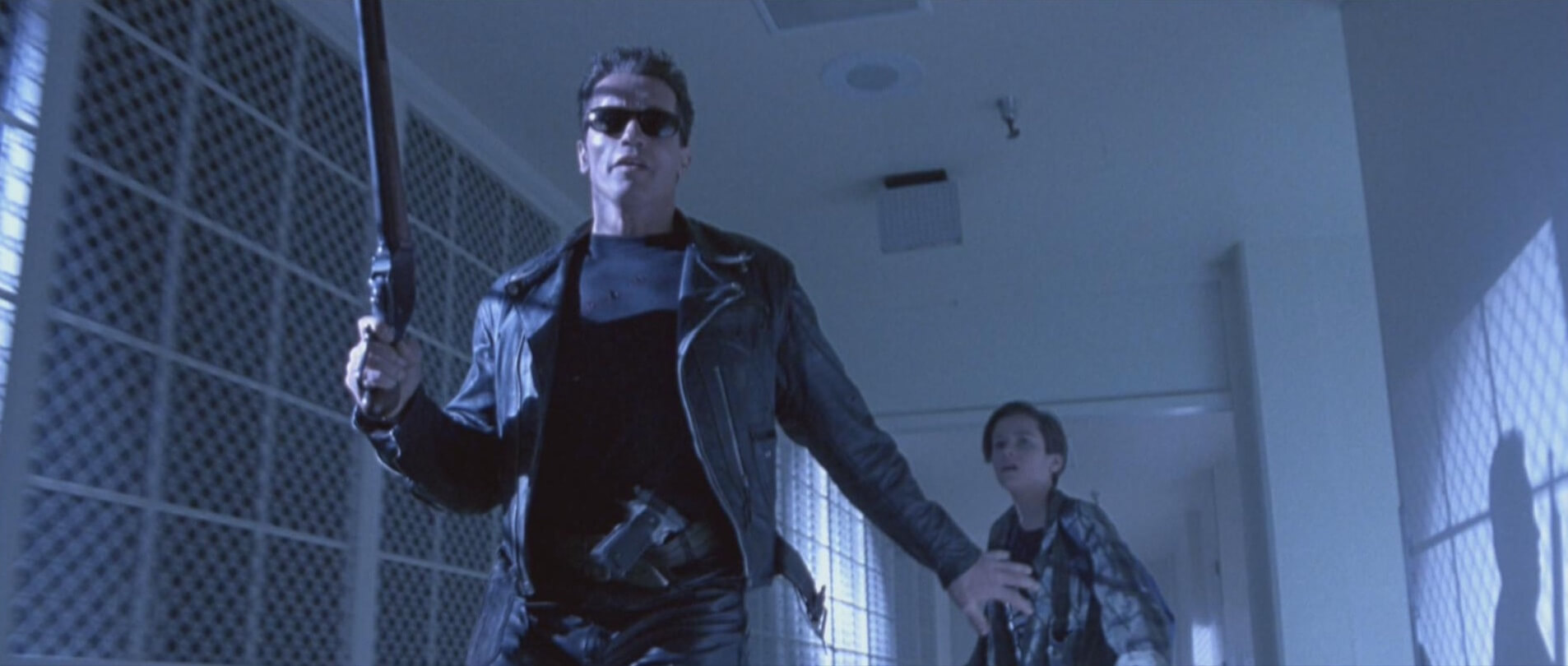
The best at the end? This legendary thumbs up against the backdrop of fire is the perfect conclusion to a brilliant movie that you can melt over and over again. The storytelling of Terminator 2: Judgment Day is one of the best conceptual reversals of a sequel ever. Its ending, the ending where the reprogrammed T-800 kills its improved T-1000 model in an incredibly spectacular way, is above all an amazing synthesis of the characters’ construction and their surprisingly strong relationship. The chemistry between John Connor and the cybernetic (I love that retrofuturistic word) is really believed in and cheered on. In the finale of Judgment Day, Cameron perfectly solves the themes and existential questions raised in his story, which has a much deeper, metaphorical dimension than one might expect. The basic question of the viewer always remains one – why did the T-800 enter the vat of molten steel? Couldn’t he save himself? It turns out not. Perfect, because … the Terminator himself understands it. It’s worse with Connor, who loved the T-800 because it replaced his father on some emotional level. However, the machine knows it has no choice – any trace of its existence is a dangerous chance that machines like it will arise and lead to the apocalypse. It’s programmed to prevent that. That’s why he sacrifices himself, and the clash of John’s emotionality with the human gestures made by the Terminator became more than a mere scene.



